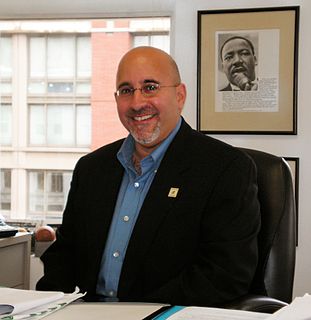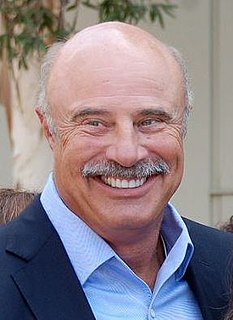A Quote by David Ebershoff
Marriage fascinates me: how we negotiate its span, how we change within it, how it changes itself, and why some relationships survive and others do not. There isn't a single marriage that couldn't provide enough narrative arc for a novel.
Related Quotes
Our brothers and sisters in the trans community, they showed up to every one of our marriage marches when it wasn't necessarily what they needed. So we have to be there for them, use our lessons learned in the marriage fight - how to win when it's difficult, how to change minds that are difficult to change.
Marriage is an ongoing, centuries-long social experiment that is mostly controlled by the individuals in the relationships who insist on determining what the relationship terms are going to be. And that's why the terms of marriage change with every century and decade. We're shaping it from the inside. Marriage endures because it evolves. Obviously it does. None of us would accept marriage on its 13th century terms, not even the most conservative people...
No matter how free divorce, how frequently marriages break up, in most societies there
is the assumption of permanent mating, of the idea that the marriage should last as
long as both live. . . . No known society has ever invented a form of marriage strong
enough to stick that did not contain the 'till death us do part' assumption.
That morning I experienced vividly, if almost subliminally, the reality of change itself: how it fools our sentinels and undermines our defenses, how careful we are to look for it in the wrong places, how it does not reveal itself until it is beyond redress, how vainly we search for it around us and find too late that is has occurred within us.
I have never said that love is destroyed by marriage. How can marriage destroy love? Yes, it is destroyed in marriage, but it is destroyed by you, not by marriage. It is destroyed by the partners. How can marriage destroy love? It is you who destroy it, because you don't know what love is. You simply pretend to know, you simply hope that you know, you dream that you know, but you don't know what love is. Love has to be learned; it is the greatest art there is.
Marriage ... has historically been a battlefield, the site of collisions within and between governments and religions over who should regulate it. But marriage has weathered centuries of skirmishes and change. It has evolved from an institution that was imposed on some people and denied to others, to the loving union of companionship, commitment, and caring between equal partners that we think of today.
I nod, thinking of how difficult marriage can be, how much effort is required to sustain a feeling between two people - a feeling that you can't imagine will ever fade in the beginning when everything comes so easily. I think of how each person in a marriage owes it to the other to find individual happiness, even in a shared life. That is the only real way to grow together, instead of apart.
We [should not] make the mistake of thinking that marriage will provide the ultimate satisfaction for which we all hunger. To assume so would be to be guilty of blasphemy. Only God satisfies the hungry heart. Marriage is but one of the channels He uses to enable us to taste how deeply satisfying His thirst-quenching grace can be.
To paraphrase the philosopher Nietzsche, he who has a strong enough why can bear almost any how. I've found that 20 percent of any change is knowing how; but 80 percent is knowing why. If we gather a set of strong enough reasons to change, we can change in a minute something we've failed to change for years.
Learn something from marriage. Marriage represents the whole world in a miniature form: it teaches you many things. It is only the mediocre ones who learn nothing. Otherwise it will teach you that you don't know what love is, that you don't know how to relate, that you don't know how to communicate, that you don't know how to commune, that you don't know how to live with another. It is a mirror: it shows your face to you in all its different aspects. And it is all needed for your maturity. But a person who remains clinging to it forever remains immature. One has to go beyond it too.
Why do so many marriages fail? Because nobody gets taught how to be married. We're not taught how to pick a mate, or why to pick a mate; we don't know how to manage our emotions once we're in a marriage; we don't know how to resolve marital conflict. Married people have never been taught why they or their spouses feel the way they do and act the way they do. Nobody has ever taught us the fundamentals.




































